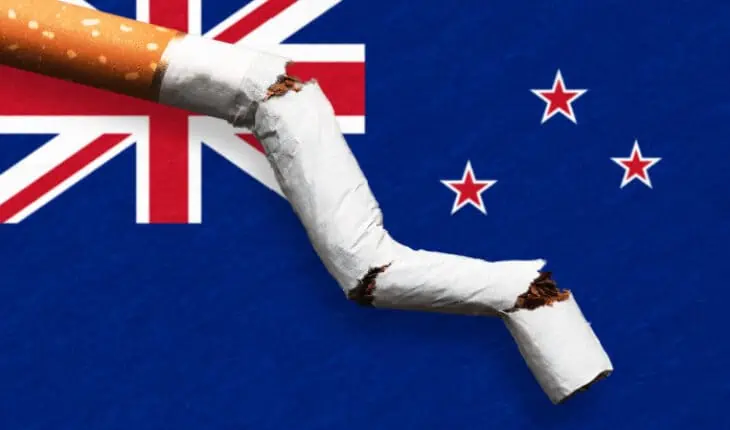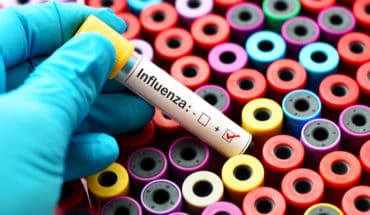Health economic modelling to support ‘denicotinisation’ of Aotearoa/New Zealand: Health economic modelling by the Melbourne School of Population and Global Health is informing Aotearoa/New Zealand (A/NZ) government efforts to end the tobacco epidemic and reduce Māori and non- Māori health inequalities.
The modelling suggests that phasing out tobacco will have a major impact on improving overall health and reducing health inequalities.
Published in Tobacco Control, the study has informed A/NZ Government policy and the recently enacted Smokefree Environments and Regulated Products (Smoked Tobacco) Amendment Act 2022 (NZ).
Study principal investigator Dr Driss Ait Ouakrim said the modelling suggests tobacco endgame strategies will have major impacts on improving overall health status and on reducing health inequalities.
“Tackling tobacco is not just a health issue. It is also a social and economic priority for Indigenous peoples. Many countries, including A/NZ and Australia have Indigenous, ethnic, and socio-economic inequalities in tobacco use,” Dr Ait Ouakrim said.
“Smoking prevalence in high-income countries with colonial histories has steadily decreased, but prevalence among Indigenous peoples is often substantially higher and is a significant contributor to health inequities. Our model shows that new legislation is likely to be particularly beneficial for Māori people.
The Act mandates three key policies: “denicotinisation” by drastically reducing nicotine content in tobacco so it is no longer addictive, reducing the number of shops that sell tobacco by 90-95 per cent, and creating a ‘smokefree generation’ by making it illegal to sell tobacco to people born in or after 2009.
“The combined effect of the three key policies included in the new legislation will significantly reduce the gap in mortality between Māori and non-Māori. For example, our modelling shows that by 2040, for people aged 45 and over, the gap might reduce by a staggering 23% for Māori females compared to non-Māori females, and a still very large 9.5% for males.” Dr Ait Ouakrim said.
A/NZ has had a range of tobacco control programs in place, including restricting advertising and promotion of tobacco products, providing cessation support, media awareness campaigns, excise tax increases and the introduction of smoke-free areas.
In late 2021, the A/NZ government launched an Smokefree Aotearoa Action Plan to achieve the country’s endgame objective. This plan focused on smoked tobacco and sought to bring about rapid and profound reductions in smoking prevalence, and to do so equitably such that all population groups, in particular Māori, achieve minimal smoking prevalence by 2025.
- Gut microbiome could delay onset of type 1 diabetes - 3rd April 2025
- The da Vinci 5 Robot Is Set To Transform Bariatric Care: - 31st March 2025
- Beyond money: the hidden drivers fuelling child food insecurity - 31st March 2025






